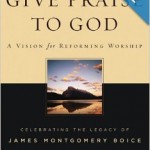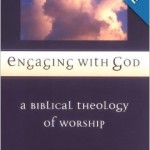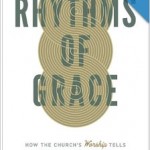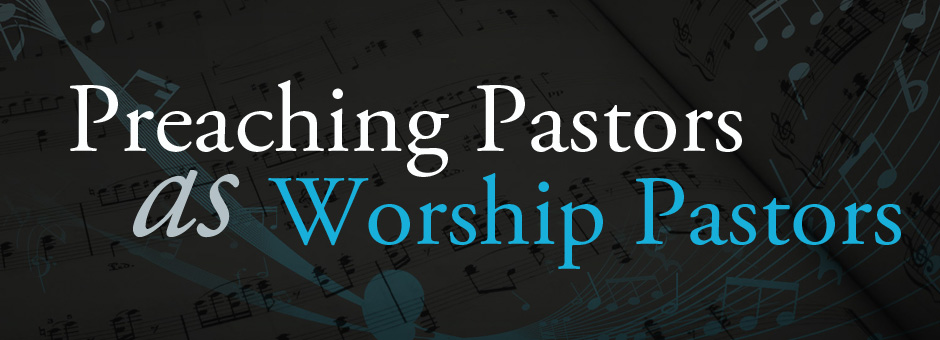I continue to plod my way through David Wells’ God in the Whirlwind with a few men in our church and it is splendid. There is a gravitas present that is vital for faith and practice.
Here is a hefty, yet glorious theological dumbbell:
If the greatest commandment is to love God with our whole being, then to come to him in worship is a duty central to living out that love. Worship is not primarily a social occasion as we gather with others to worship, though we are always grateful for the other believers with whom we gather. Worship is not primarily a time for our enjoyment, though being in worship is enjoyable. But worship is primarily and expression of the worth of God. It is a God-centered thing. It is primarily for God and about God; it is not primarily for ourselves and our needs. Whatever social and psychological benefits it has are secondary. Worship is primarily for God.
And that was what stood in Isaiah’s way (Isa. 6:1-5). The seraphim were ceaselessly worshipping but he was stricken and mute before God. Until, that is, God enabled him to join the heavenly chorus. This, though, had to be preceded by the terrible consciousness of sin that overwhelmed the prophet (Isa. 6:5).
This experience was an awful, soul-shaking reminder that the nature of sin cannot be concealed in the presence of God’s holiness. Its nature is exposed. It cannot hide, cannot evade, cannot change its dress, cannot pass itself off as something other than what it is. It is exposed. And that lesson is often learned the hard way. Those men of Beth-shemesh who irreverently handled “the ark of the LORD” were struck down. Those who survived, no doubt now in some awe, asked, “Who is able to stand before the LORD, this holy God?” (1 Sam. 6:19-20).
The one whom God touches, cleanses with the coal, the divine fire, from the altar (Isa. 6:6-7).





